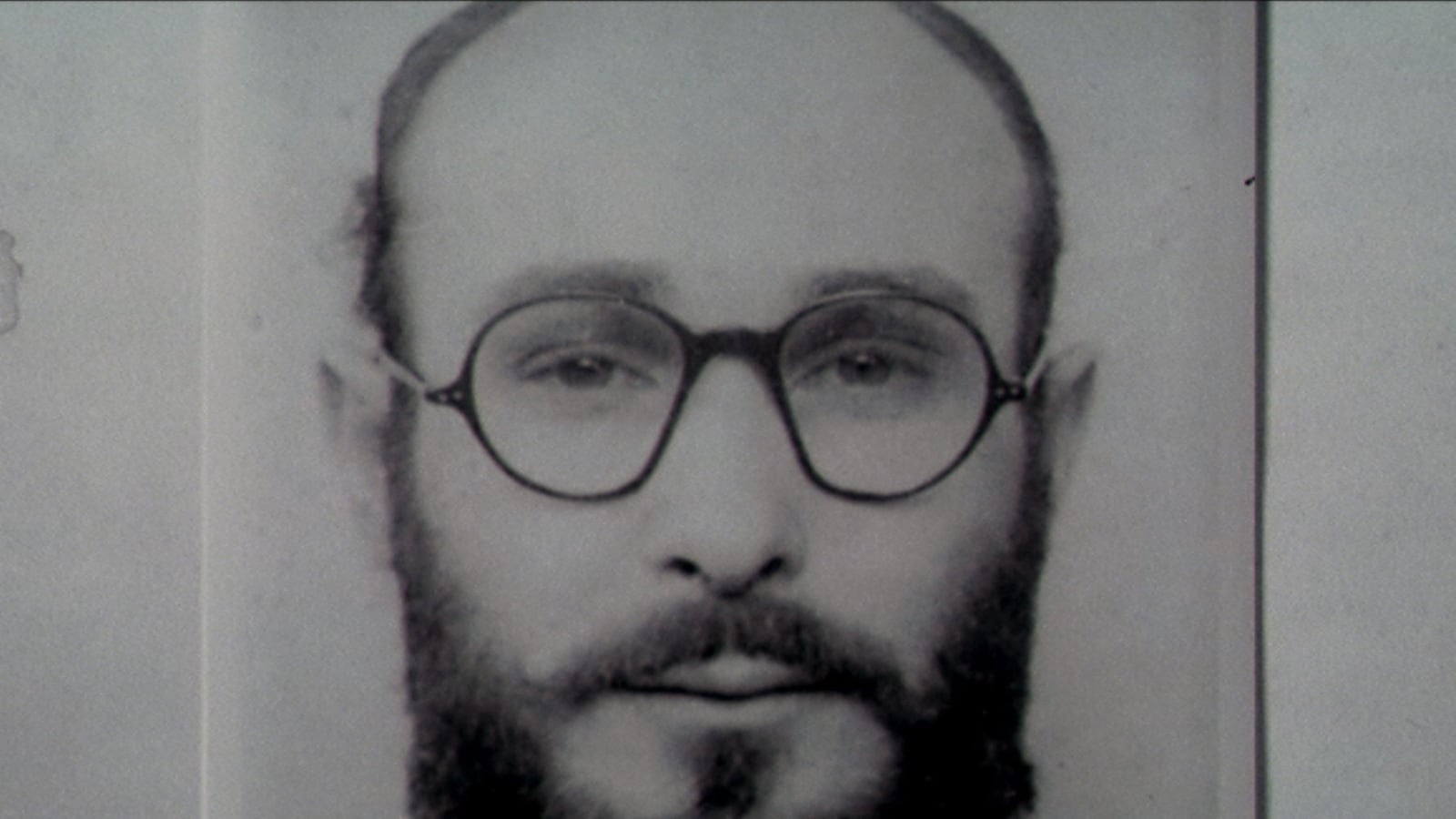What weird kind of psychological disorder must it take to be a wartime double agent? And is the disorder likely to wane after the war ends?
These are two of the many fascinating questions posed (and very largely answered) by Garbo the Spy, the best documentary on World War II espionage to be released in cinemas in more than a decade. Centering on the activities of arguably the single most important spy of WWII, Juan Pujol Garcia, this compelling film does not end with the Allies’ victory in 1945, but rather morphs into a new story of faked death, stolen riches, and bigamy. It is a human drama quite as engrossing as the story of the grand strategic deception upon which it hangs.
Garcia, code-named "Garbo" by his MI5 handlers because he was "the world’s best actor," was the man who more than anyone else convinced Hitler that the Normandy landings were a mere diversionary attack, a feint to distract the Wehrmacht from the real assault that was about to take place 150 miles to the north in the Pas de Calais. So successful was Garbo that the Germans were continuing to reinforce the Pas de Calais even after D-Day, and not committing their full resources to countering the Normandy landings. Although the story of the success of the Operation Overlord deception plans are well known, and Garbo’s vital role well established in history, what is not much known about is what Garbo did after the war, for which this superbly made and well-paced documentary provides a series of stunning revelations, in a tone of humanity, warmth, and even humor.

Garcia, a Catalan who was forced to fight for the Republicans in the Spanish Civil War, soon realized that Franco was going to win, so he switched sides to the Nationalists in the hope of deserting and escaping to France. Unfortunately for him, he got lost between the two front lines and instead tried to cross back into the Republicans’ trenches thinking they were the Nationalists, and only narrowly escaped capture and execution. It was to be the first of very many scrapes on the part of the only person who was soon afterward, in the Second World War, to have been decorated by both the Axis and the Allies. His tale is told through superb contemporary film footage, much of it in color, with clips from Leslie Howard’s and Alec Guinness’s spy movies, and by the distinguished British historians Nigel West and Mark Seaman.
At the outbreak of WWII, Garcia, now in Lisbon, offered his services to the German Intelligence Services, the Abwehr, pretending that he was in London and sending them by radio transmission information that he and his wife, Araceli, largely gleaned from publicly available sources, or simply invented. He created a global network of no fewer than 22 subagents whom he claimed worked for him—a Venezuelan student, a KLM pilot, a Gibraltarian waiter, merchant seamen, Indians and Canadians, and even (the least likely) a Welsh Aryan Nazi—every single one of whom was completely imaginary. (The story was later used by Graham Greene, himself a wartime agent for MI6, for his spy novel Our Man in Havana.)
To keep this network up and running, the Abwehr paid Garcia, whom they code-named "Arabel," the then-vast sum of £20,000. Garcia worked hard for his cash, spending up to three hours a night sending information back to Berlin. Although he started off as a freelance spy, he tried to join British intelligence no fewer than four times, until he was finally able to convince them in 1941 that he really was who he said he was, whereupon—initially code-named "Bovril"—he quickly became the Allies’ single most important deception source. Because his verbose reports were sent by the Abwehr around the Reich largely unaltered, they later proved instrumental in helping to break German codes.
Yet the story of Garcia’s life of deception did not end with VE Day, as this excellent film makes clear. After visiting his Abwehr case officer in Spain—who apologized that the Nazis had lost the war and gave him a huge golden handshake in cash, the Iron Cross, and the thanks of the now-defunct Reich—MI5 unsuccessfully tried to recruit Garcia for service against the Russians in the Cold War. The next that anyone ever heard of him was that he had tragically died of a snake bite in Angola in 1949. Case closed.
Or was it? The historian, former Tory M.P., and spy-writer Nigel West (real name: Rupert Allason) is not a man to accept cover stories without deep corroborating evidence, and he never bought the idea that Garcia had died in Angola. With the 40th anniversary of D-Day approaching in June 1984, he did his own digging—largely by having research assistants laboriously comb through Spanish and Latin American telephone directories in those days before Google—and they somehow succeeded in tracking down Garcia, who turned out to be living with a second wife and two children in Caracas, Venezuela. It transpired that his first wife, who in the meantime had married a former CIA agent, had known about the faked death, but had not told the children she had had by Garcia, who therefore assumed he’d died in 1949. Meanwhile, Garcia had not told his second family about the existence of his first, or anything about what he had done in the Second World War.
All this came out when Garcia was invited to Buckingham Palace to be invested with the Order of the British Empire by Prince Philip, which he had been awarded 41 years earlier in 1943. Both sets of families then found out about the other, although they only met during the making of this film in 2006, 18 years after Garcia’s death in 1988.
This is the truly extraordinary story of a double agent who claimed he was not one, as he’d never been a genuine supporter of the Nazis. He was probably the most important spy of the war, yet he never spied on anyone, as he invented everything he told the Germans. So was he the democratic idealist he claimed in his 1986 memoirs, or an opportunist, or a fantasist who happened to be at the right place at the right time for the Allies? Go and see Garbo the Spy to decide for yourself.
Although little else can be known for certain about Juan Pujol Garcia, one thing can be. As he walks along the lines of Allied soldiers’ graves at the Omaha Beach cemetery in Normandy at the end of the movie, we can be sure that there would have been very, very many more of them if it hadn’t been for the mysterious thought processes and unusual psychological makeup of Agent Garbo.





